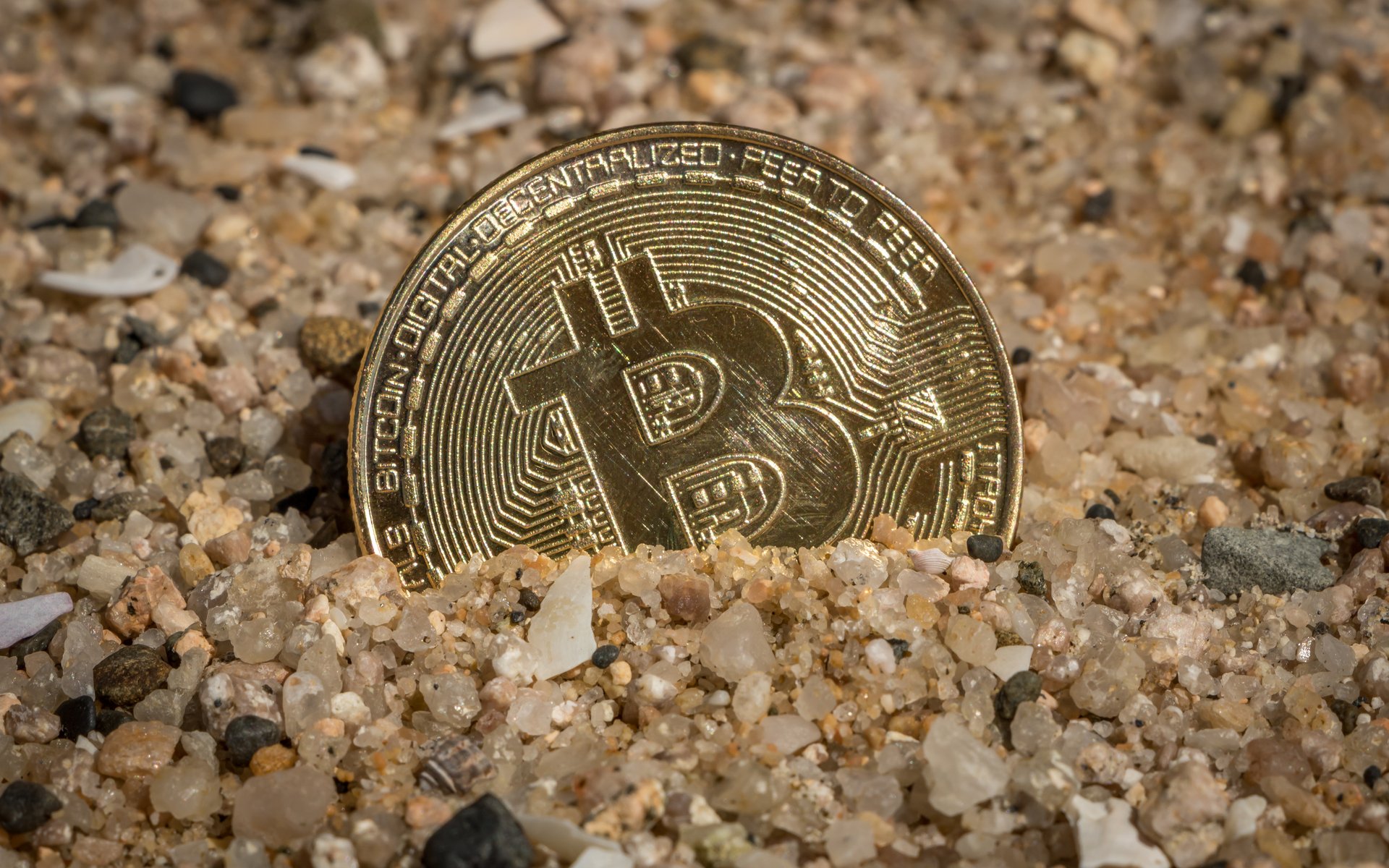
Here are five ways in which Bitcoin technology has completely redefined the concept of money in its nine years of existence.
A Revolution of Money
Bitcoin is one of the most groundbreaking monetary experiments in human history. In just nine years of existence, Satoshi Nakamoto’s invention has grown into a multi-billion dollar industry, leading to an explosion of fintech innovation… and it’s just getting started.
Meanwhile, Bitcoin technology has already reinvented the concept of money.
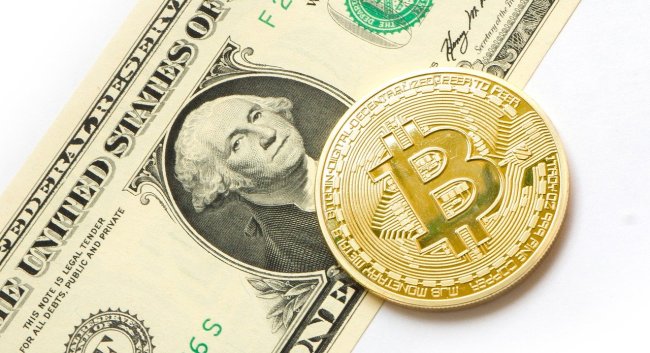
According to the Federal Reserve, the characteristics of money are durability, portability, divisibility, uniformity, limited supply, and acceptability. Interestingly, Bitcoin does not only posses, but has greatly enhanced and redefined many of these properties.
Let’s take a look at five ways how the world’s first cryptocurrency has already transformed money as we know it.
Digitally Durable
Bitcoin security is of key importance – pun intended. It is designed so that only the person who knows private key controls the bitcoin associated with a given public (key) address.
Unlike a ton of gold or suitcases filled with cash, a Bitcoin user can store indefinite amounts on a given address. A trillion dollars, for example, stored on a single address costs just as much to store as $1 in bitcoin.
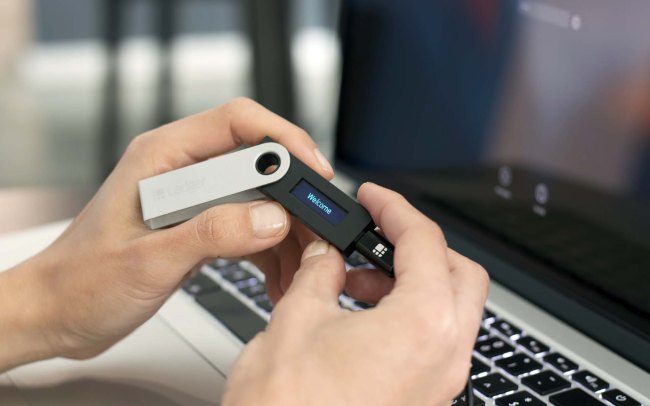
Bitcoin can also be secured in many ways. A hardware wallet is probably your best bet, but one can also simply memorize a passphrase to access their wallet at any time. This also makes the concept of durability irrelevant, since your funds are completely digital and always accessible as long as you know the keys.
Comparatively, the cost of safely storing cash, and particularly gold, comes at a great price and is the reason banks were created in the first place.
Portable, Sendable
Remember that trillion dollars you hold in bitcoin? Well, you can send half of it, for example, to someone else on the other side of the globe in minutes, just like an email. This is something that was never done before so seamlessly and without a middleman.

Moreover, people who travel abroad know perfectly well that no more than $10,000 USD can be brought along. A penny more, and you must explain where that money is coming from and what it is being used for to the border patrol.
Bitcoin bypasses this completely. In fact, you never technically ‘hold’ any bitcoin on your smartphone. A Bitcoin wallet merely gives you access to the funds stored on the Bitcoin network – akin to accessing your email from anywhere in the world.
Good luck confiscating funds from a person’s memory.
Highly Divisible
A gold bar, a penny etc. cannot be realistically divided into smaller units. Not so with digital Bitcoin.
The ‘satoshi’ is currently the smallest unit of the bitcoin currency recorded on the blockchain. It is one hundred millionth of a single bitcoin (0.00000001 BTC) or $0.00006386 USD at current prices.

Don’t think you’ll be sending fractions of a penny anytime soon? Think again. Such small units of account open up a whole new range of business opportunities. Think tipping, streaming money, and new ways to monetize online media, where clicks will be literally worth money in the not too distant future.
Digitally Scarce
Bitcoin introduced something that has never existed before: the concept of digital scarcity. For example, while most US dollars today come in digital form, more is always created – something that has ballooned the US national debt to over $20 trillion.
Hard capped at 21 million, there are no central planners or decision-makers that can change this number because that would mean convincing millions of users to go along. Good luck.
Moreover, the Bitcoin network is designed to deter a potential attack. In other words, it is more profitable for all parties to play by the rules of the Bitcoin network instead of attempting counterfeiting, double-spending, or disrupting the network in general.
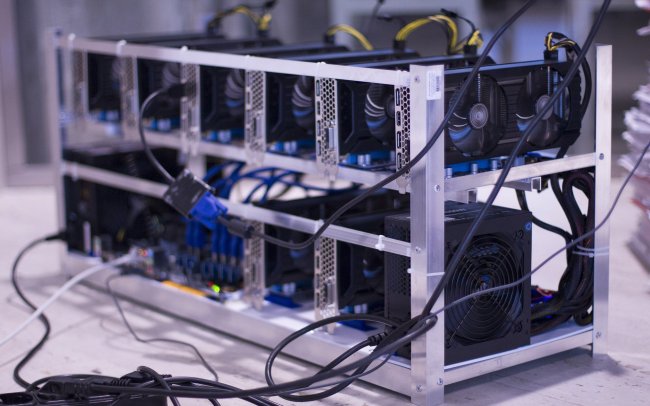
In fact, “unfathomable” computing power, which doesn’t even currently exist, would be required to attack the network, according to Bitcoin expert Andreas Antonopoulos. He explains:
You can affect with the most immense amounts of computation, hundreds of hexahashes per second, computation that doesn’t currently exist on the planet. Let’s say you did have that. You could now affect hundreds of blocks. You can rewrite the history of this afternoon but not yesterday and certainly not last week. And most certainly not last year.
Decentralized & Apolitical
This is probably the most important concept introduced by Bitcoin. Whether its a soccer mom or a terrorist, Bitcoin doesn’t care who uses it. It’s simply a technology – a protocol – for transferring and storing value just like the Internet is for transferring and storing data.
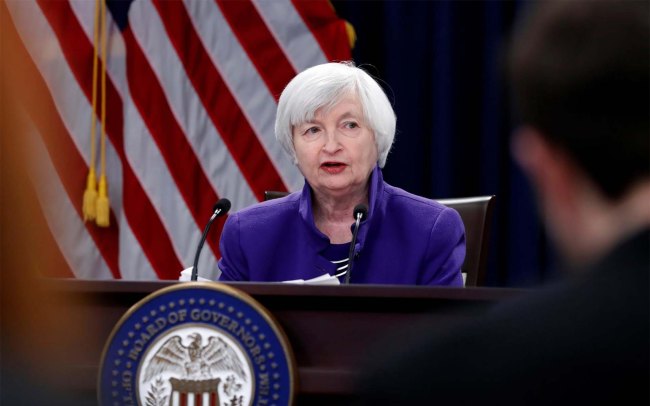
In fact, its decentralized and apolitical properties were alluded to in a message from Satoshi Nakamoto in the genesis block, which reads:
The Times 03/Jan/2009 Chancellor on brink of second bailout for banks.
Your Bitcoin company goes out of business? Tough luck, because there is no Bitcoin CEO or Fed Chairman that will bail you out because you were frat brothers in college. Want to buy some arms? Fund some rebels? Governments may think twice about warfare in general if money cannot be easily created out of thin air.
But Wait, There’s More…
Bitcoin is not a static technology. In fact, the innovation in Bitcoin has been staggering. Numerous proposals to optimize and improve it are already in the pipeline, including plans to make transactions instant, cheaper, more private, and more decentralized.
But Bitcoin is too slow! Fees are too high! My grandma can’t use it!
Just like every new technology, it will take years to become ready for the masses. Luckily, its growth will be much quicker than the automobile, airplane, or even the computer, not only due to the accelerating pace of tech adoption but also because the infrastructure is already in place (the internet).
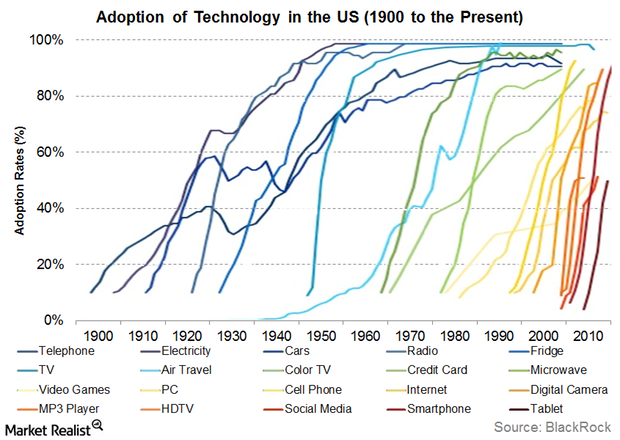
Finally, Bitcoin doesn’t care who criticizes it, bans it, says it’s dead or attempts to associate it solely with criminal activity. It just is. Either use it or don’t. It’s completely your choice.
Know any other ways Bitcoin technology has changed money? Share them below!
Images courtesy of Shutterstock, Venturebeat, Reuters



